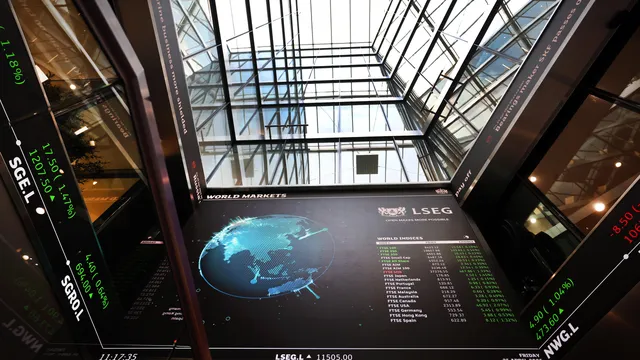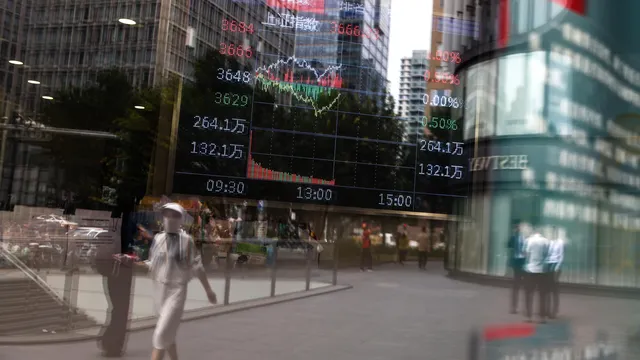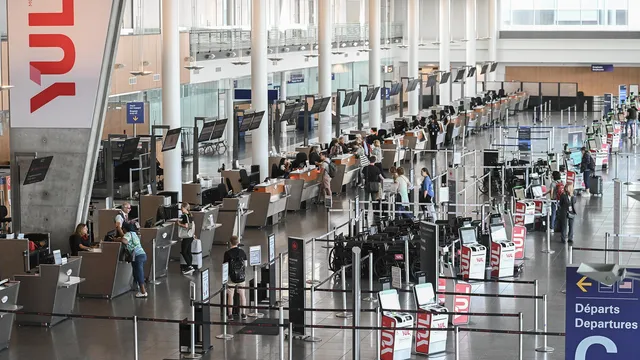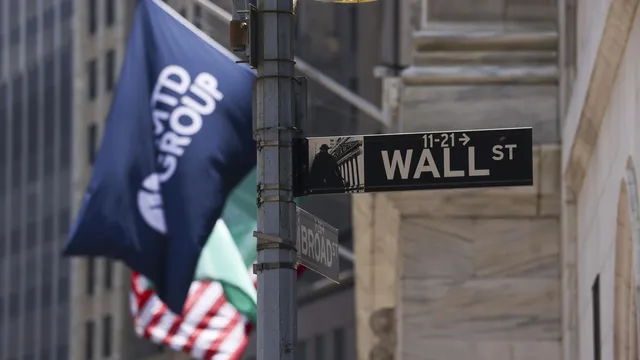British stocks have lagged behind their U.S. counterparts over the past decade, but there is a compelling reason for investors to view the FTSE 100 with optimism, reported The Motley Fool. According to recent analyses, companies in the UK prefer returning capital to shareholders through share buybacks rather than dividends—a move that could significantly support stock prices.
A share buyback means that a company purchases its own shares and cancels them. This reduces the number of shares in circulation, giving each remaining share a larger stake in the business and a greater claim on profits. If the repurchased shares are undervalued, this leads to an increase in their value and a rise in the stock price. In recent months, companies such as Lloyds Banking Group, Shell, and BP have actively employed this strategy, which could be a positive signal for future prices.
Apple’s example illustrates the effect of aggressive buybacks. Between 2018 and 2021, the company spent around £159 billion on buybacks, reducing its share count by nearly 20% and increasing the share price from about $40 to under $145—a growth of 250%. Afterwards, the pace of buybacks slowed, and share price growth decelerated.
FTSE 100 companies like Lloyds are leveraging buybacks to boost prices, but investors need to monitor the interest rate environment closely. High rates have so far increased the bank’s profits through wider lending margins, but if rates fall, the available cash for buybacks could shrink.
Nevertheless, many expect an acceleration of buybacks among other FTSE 100 companies, which could support the market overall. These strategies are a key factor in investor optimism regarding British equities and deserve attention when making investment decisions. | BGNES

 Breaking news
Breaking news
 Europe
Europe
 Bulgaria
Bulgaria







